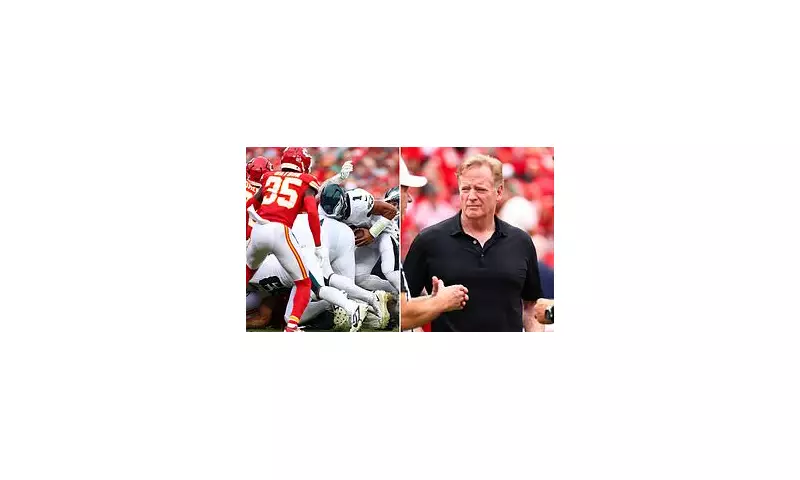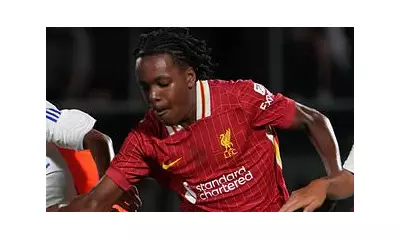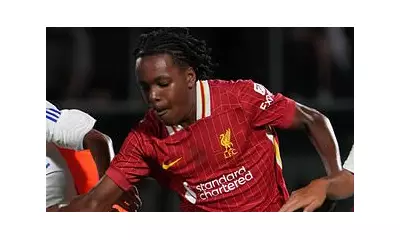
The National Football League has issued a direct warning to the Philadelphia Eagles that their revolutionary - and highly effective - 'Tush Push' play could face an outright ban following the current season.
League executive Jeff Miller confirmed that the competition committee will thoroughly examine the controversial quarterback sneak tactic during the offseason, with many officials believing it violates the spirit of the game despite technically remaining within current regulations.
The Unstoppable Play Dividing American Football
Philadelphia's signature move, also known as the 'Brotherly Shove', involves players pushing quarterback Jalen Hurts from behind during short-yardage situations, creating an almost unstoppable forward momentum that has proven remarkably successful throughout the season.
While the Eagles have perfected this technique to near-invincibility, achieving conversion rates that dwarf conventional plays, the strategy has drawn significant criticism from opponents and purists who argue it creates unfair advantages and increases injury risks in the pile-up.
League Officials Voice Safety Concerns
NFL executives have expressed particular concern about the potential for injuries occurring during the concentrated scrums that form when executing the play. The compressed nature of the push, with multiple players driving forward in a confined space, presents unique safety challenges that the competition committee intends to address.
Jeff Miller emphasized that while the play remains legal for now, the league is closely monitoring its impact and will seriously consider rule changes if evidence emerges showing increased injury risk to participants.
Eagles' Dominant Strategy Under Scrutiny
The Eagles have leveraged the Tush Push to remarkable effect, converting an astonishing percentage of third and fourth down attempts that many thought impossible. This success has inevitably led to calls from competing teams for the league to intervene and level the playing field.
Despite the impending review, Eagles officials remain confident that their strategy represents smart, innovative football within the existing rules. The team has consistently defended the play as a legitimate tactic that others could emulate if they devoted sufficient practice to perfecting the execution.
As the NFL season progresses, all eyes will be on how frequently Philadelphia employs their controversial technique and whether the league follows through on its threat to ban what has become one of American football's most talked-about plays.





